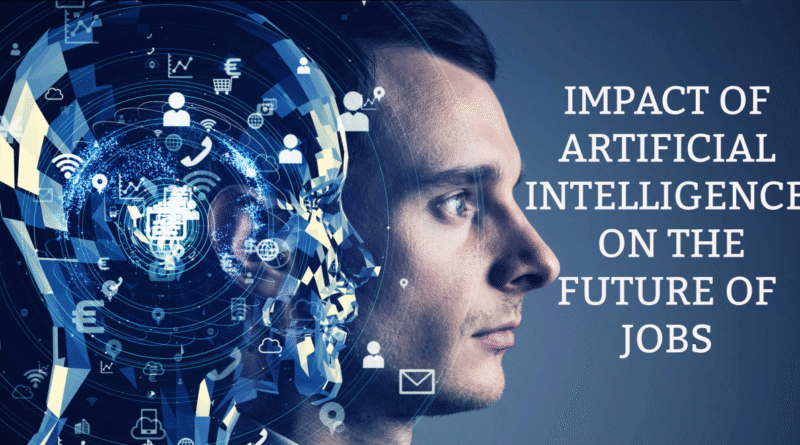The Impact of Artificial Intelligence on Jobs

Artificial Intelligence (AI) is transforming the job market by automating routine tasks, leading to displacement in some sectors, but also creating new jobs and enhancing productivity in others. While AI eliminates some roles in areas like manufacturing and data entry, it drives demand for skilled workers in data analysis, AI development, and roles requiring creativity and complex problem-solving. To adapt, workers need to reskill and upskill, focusing on soft skills and AI-complementary expertise, with a growing need for ethical AI development and deployment to ensure equitable outcomes.
Job Displacement and Automation
Routine Tasks:
AI excels at automating repetitive and routine tasks, impacting jobs in manufacturing, data processing, and customer service.
Exposed Jobs:
A significant portion of jobs, particularly in the US and Europe, are exposed to AI automation, with the potential for AI to perform a quarter of tasks previously done by humans.
New Job Creation and Productivity
Emerging Fields:
AI creates new job opportunities in fields like data analytics, machine learning, and AI development and maintenance.
Productivity Boom:
AI is expected to lead to a productivity boom and potentially significant global economic growth through enhanced output.
Workforce Transformation and Skill Demands

- Importance of Soft Skills: There is a greater need for human skills that AI cannot replicate, such as creativity, critical thinking, and emotional intelligence.
- Need for Reskilling: Many employees will need to change careers and adapt by reskilling and upskilling to remain relevant in an AI-driven workforce.
Societal and Economic Implications
- Income Inequality: Automation can worsen income inequality, as lower-skilled and routine jobs are disproportionately affected.
- Ethical Concerns: The potential for bias in AI algorithms and ethical considerations surrounding AI deployment require careful management to ensure fair and equitable outcomes.
Jobs That Will Evolve (Not Disappear)

Healthcare Professionals: AI assists doctors in diagnosis but doesn’t replace human empathy.
Teachers & Trainers: AI supports personalized learning, but human guidance remains essential.
Creative Fields: Writers, designers, and artists use AI as a tool, but human creativity drives originality.
Managers & Leaders: AI provides data insights, but decision-making requires human judgment.
Balancing the Risks and Benefits
Governments, businesses, and individuals must collaborate to:
- Reskill workers for new job opportunities.
- Implement policies to manage job displacement.
- Encourage ethical AI use to ensure fairness and transparency.
AI will not eliminate all jobs, but it will transform the job market. While some roles may disappear, many new opportunities will emerge. The key lies in adaptability — those who embrace new skills and technologies will thrive in the AI-powered future.
The Skills of the Future

To stay relevant in an AI-driven world, workers need to focus on:
- Digital Literacy & AI Understanding
- Critical Thinking & Problem-Solving
- Emotional Intelligence & Communication Skills
- Adaptability & Lifelong Learning

Pingback: How Technology is changing Education - Fact Hub
Can you be more specific about the content of your article? After reading it, I still have some doubts. Hope you can help me.